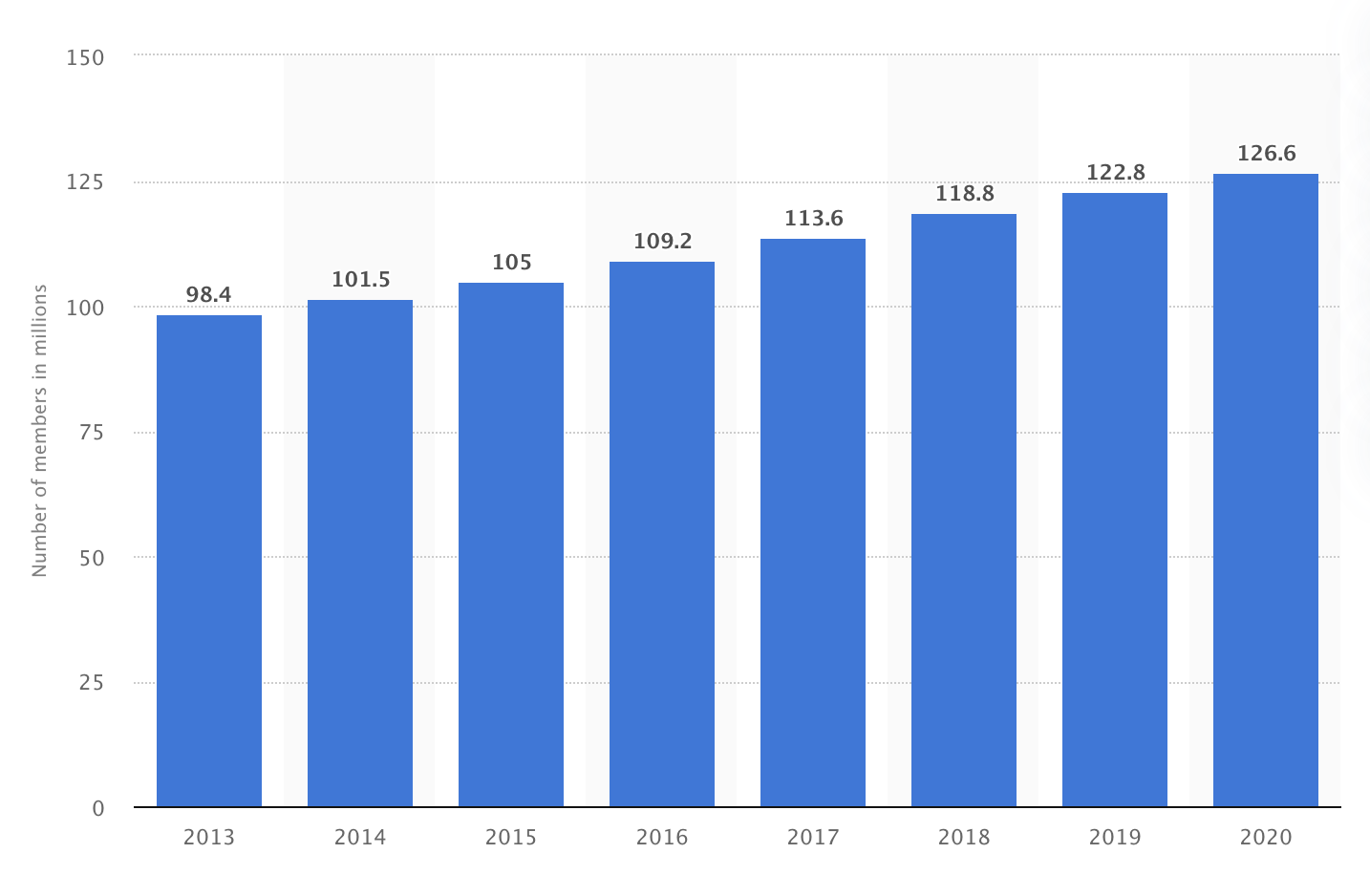What's the Difference Between a Credit Union & a Bank?
Who actually owns banks and credit unions?
Credit unions and banks are both designed to help you open accounts, save money, and take out loans. But let’s discuss the important differences in the way credit unions and banks go about their business before you mistake the two for one another.
What is a bank?
Banks are for-profit businesses. They accept cash deposits from their customers. Banks loan that same money to people and businesses, collecting a profit off the interest.
Banks are for what? For-profit.
You might be asking yourself what this means if you currently have an account at a bank. It’s simple: any profits made by a bank are used to pay out dividends to shareholders and savings account holders. Dividends are payments you receive for saving or investing your money.
As a member and a shareholder of Health Care Credit Union, you receive dividends on any accounts that earn interest.
Shareholders control the decision-making at banks. The more shares you own, the more votes you get.
Bank board members are paid and act independently of bank customers, who have no say in the decision-making.
What is a credit union?
Credit unions run in a way that benefits their members directly.
It all starts with the fact that credit unions are owned by their members, aka, you!
Credit Unions’ Board of Directors are all volunteers and members. Shares don’t determine how much voting power you have at a credit union, either. Every member carries one vote.
Think of the way credit unions operate in a savings cycle:
Members deposit money into their savings accounts
The credit union loans the money to other members
The credit union returns the profits made on loan interest to its members
Members complete the cycle by receiving lower interest rates and higher savings rates
The credit union motto is “People Helping People,” and it’s no wonder. Our savings cycle example illustrates how credit union members benefit from borrowing money from one another.
| BIG BANK | "I wanna know..." | CREDIT UNION |
|---|---|---|
| Private investors, share holders, and stock holders, none of whom are necessarily customers of the bank. | Who owns it? | All members with funds deposited at the credit Union, and who actively use the credit union’s services. |
| Maximum profitability. Banks have led in yearly profits for years, sharing the top spots with the oil industry. | What’s its motive? | Not for Profit. Not for Charity. But for Service. That's actually the recognized credit union creed. Sums it up nicely. |
| Yes. Up to $250,000 per account by the FDIC, a federal agency enacted in 1933 to regulate & insure banks. | Is it insured? | Yes. Up to $250,000 per account by the NCUA, a federal agency enacted in 1934 to regulate & insure credit unions. |
| The FDIC uses tax money to cover bank losses. In fact, billions of tax dollars have been used by the FDIC since its inception. | Does it affect the taxpayer? | The NCUA never uses tax money to cover its losses. credit unions fund their own insurance, costing taxpayers and members NOTHING. |
| A paid governing body that oversees banking operations. Board members are appointed by bank investors and are often rewarded for maximizing proft. They can hire and fire the President/CEO. | What is its Board of Directors? | A volunteer unpaid governing body elected from amongst the membership by the very members they serve. It sets policies, oversees operations, and looks after the credit union and its members. |
Credit union membership is community-based
Credit unions like Health Care Credit Union are financial cooperatives. You have to belong to your local community, or field of membership, to join.
Most credit union fields of membership are based on the following:
Location: If you live, work or go to school in the same area as your local credit union, you qualify to become a member (some credit unions include worship in their field of membership)
Family: If you are related to a current member, you qualify to join your local credit union
Job: Select employers sponsor many local credit unions
Membership groups: If you belong to a local place of worship, labor union, school, etc., you qualify to join certain credit unions
Meanwhile, anybody can become a bank customer. There’s a credit union for EVERYONE. It’s part of being a financial cooperative
Who can become a member of Health Care Credit Union?
Membership at Health Care Credit Union is open to anyone who lives, works, or attends school in Oshkosh, Wisconsin, or has a family member that meets that criteria.
All you need to do is maintain a balance in one our share savings accounts, then you’re eligible for all of the following products and services:
Click the button below to learn how to become a member, or visit our main office in Oshkosh, Wisconsin.
Check out the graphic below. Notice a pattern? The number of credit union members in the United States has grown every year from 2013 to 2020.
Source: Statista.com
Credit unions offer better rates than banks
Credit unions are traditionally known for operating in the best interest of their members. That includes offering loans for all purposes at competitive interest rates.
Because banks are driven by profits and shareholders, rest assured that any loan you apply for at a credit union will have a better interest rate.
Bring your auto loan to Health Care Credit Union and get pre-approved for a competitive interest rate.
We have the data to back it up
Click here to see how Health Care Credit Union, among other credit unions in the United States, posted better national average rates** than banks on the following products:
Deposit products
Home loans
Auto loans
**Credit Union and Bank Rates for September 2021
Find a surcharge-free ATM near you
Credit unions may be limited to the region, county, or city you live in. However, credit unions every day are implementing co-op financial services (ATMs you can easily access with no fees even if you are not a member of that specific credit union), updating mobile apps, and more.
The co-op shared branch network of many credit unions has 5,600 branches and 54,000 surcharge-free ATMs available to members. Members using their ATM/Visa debit card at an ATM displaying the Alliance One logo will enjoy a surcharge-free transaction.
Why Join Health Care Credit Union?
Health Care Credit Union is a member-owned organization that strives to provide financial services to ensure stability for all members, employees, and communities at all stages of life.
Remember, our main office is located in Oshkosh, Wisconsin.
There’s a credit union for EVERYONE! It’s part of being a financial cooperative!




